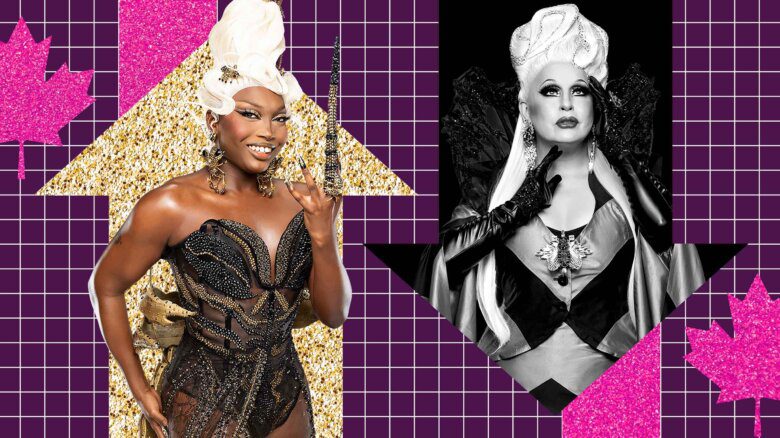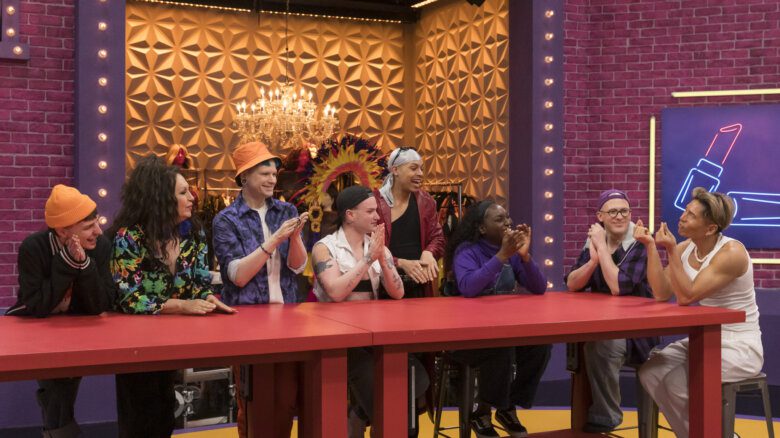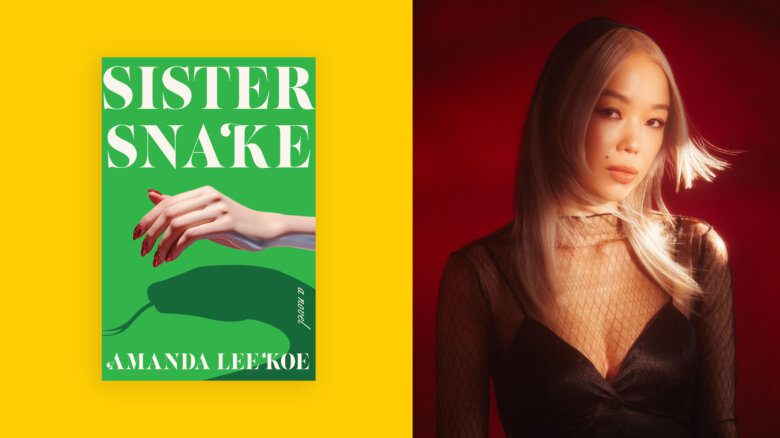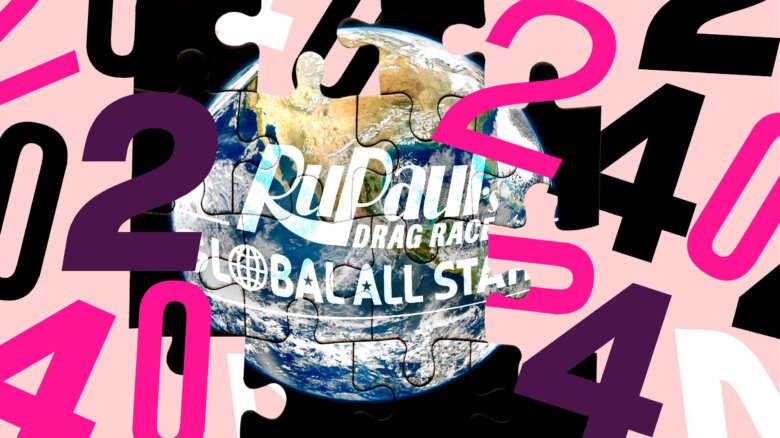Just because Black History Month is in February, doesn’t mean we don’t celebrate Black history all year long. Today, we’re talking Black queer cinema. You might expect to see the usual films, like Dee Rees’ Pariah, Jennie Livingston’s groundbreaking documentary Paris is Burning or Cheryl Dunye’s revolutionary ’90s movie The Watermelon Woman on this list. But this time, we’re focusing on Black queer films that may have flown under the radar.
Difficult Love
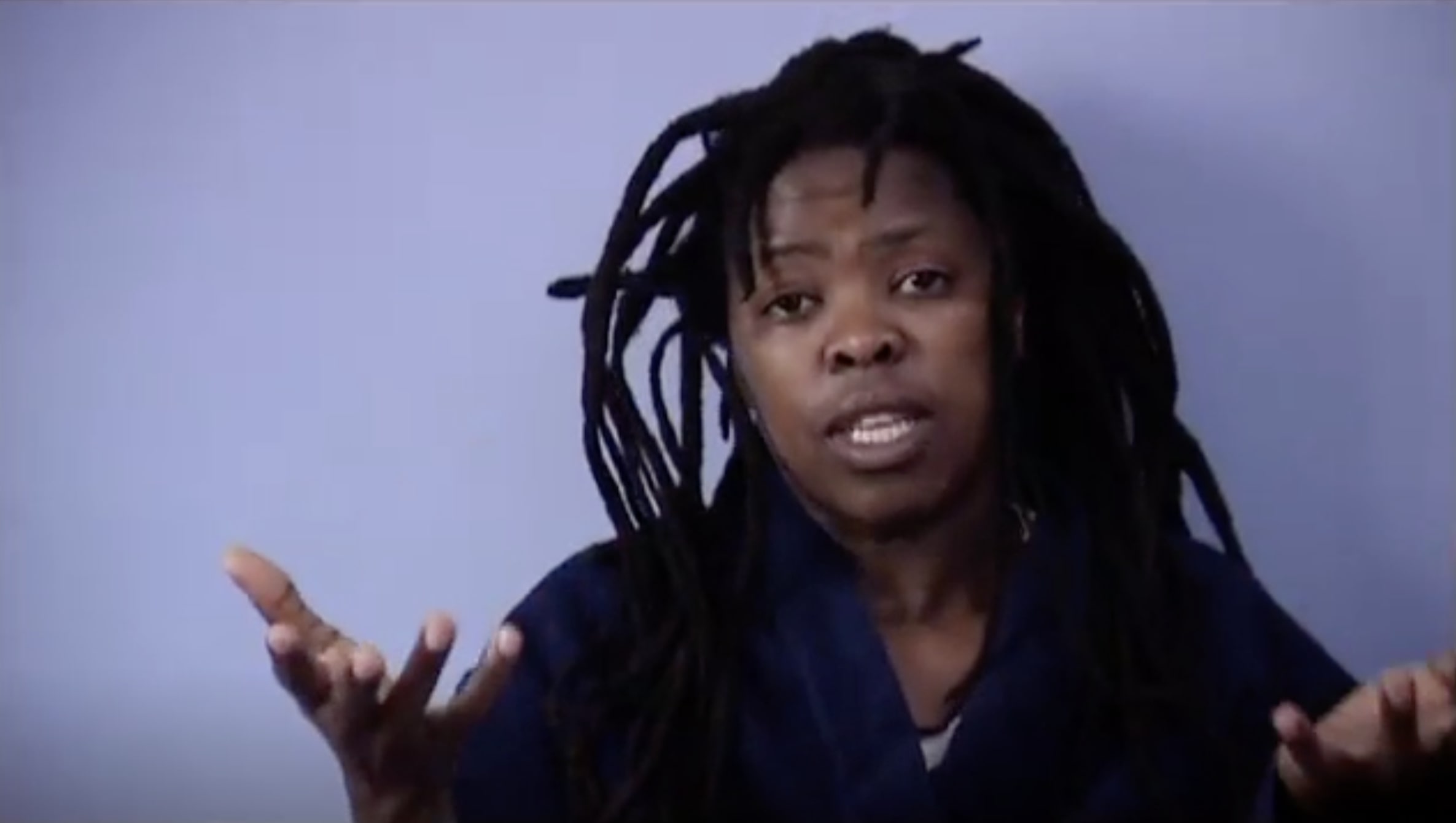
Credit: Screen shot from "Difficult Love"
Difficult Love (2010) gives outsiders an up close and personal view of queer life in South Africa—a place often thought to be fairly liberal because of its progressive constitution. This shocking and harrowing documentary directed by Zanele Muholi and Peter Goldsmid provides a glimpse into the life of Muholi, a lesbian South African photographer. Life as a lesbian is challenging, but Muholi and friends live out loud and proud. Her use of poetry, photography and other artistic mediums express the complexities of life in South Africa as a queer woman looking for understanding within a community that ostracizes her. Watching this film will teach the viewer how members of the LGBTQ+ navigate their surroundings and how hypervigilance keeps them safe. Streaming on IMDb.com.
Rafiki
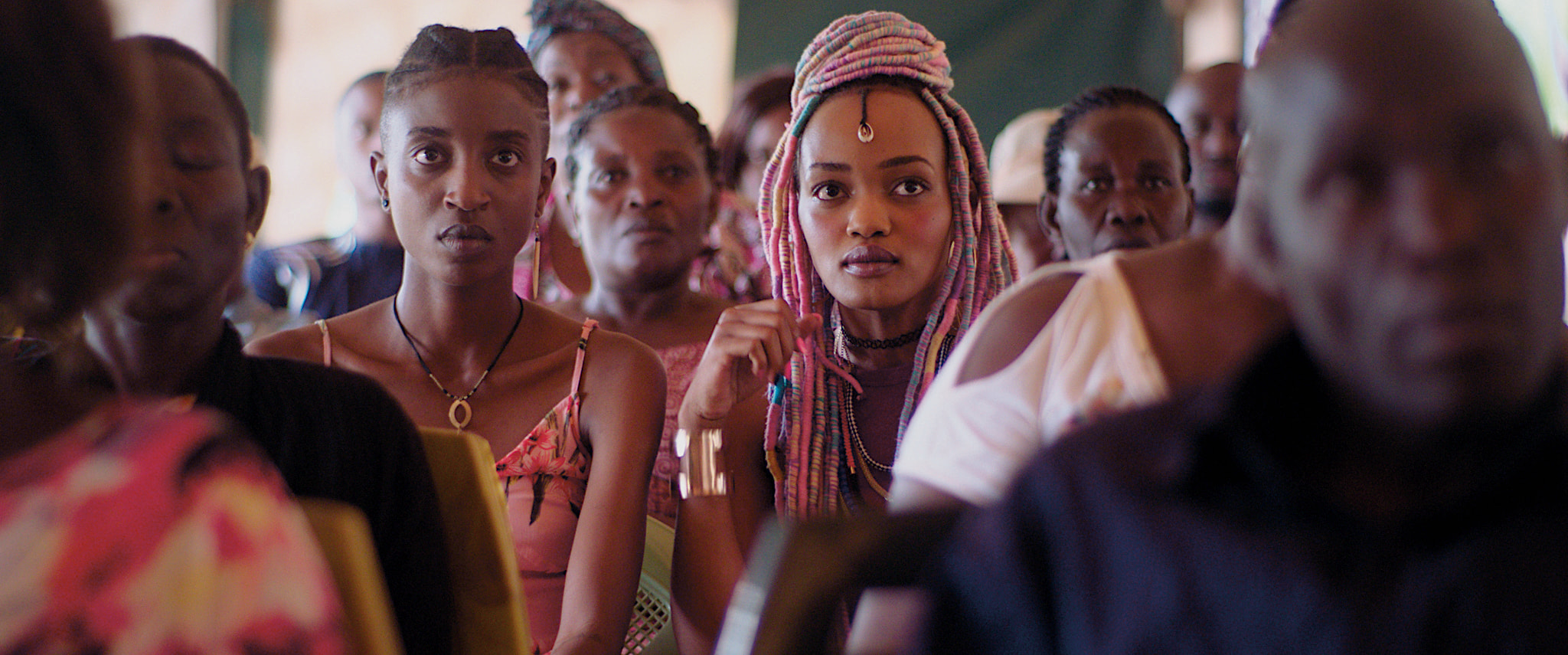
Credit: Courtesy of rafikimovie.com
A movie like this is a breath of fresh air. In her 2018 feature debut, director Wanuri Kahiu created a lesbian romance drama between two Black women. There aren’t nearly enough films that chronicle Black love in this way. The film follows Kena (Samantha Mugatsia) and Ziki (Sheila Munyiva) who live at opposite ends of the class system in Kenya. Ziki lives a privileged life with her parents—one of whom is a politician in Nairobi. Kena lives with her father and leads a more working-class lifestyle as she works in her father’s convenience store, waiting to start nursing school. The two cross paths when the local county assembly elections begin, and there is an instant spark between them. As the duo become physically and emotionally involved, they must keep their relationship out of the public eye in a city that is rife with homophobia. Available only on DVD.
Stud Life
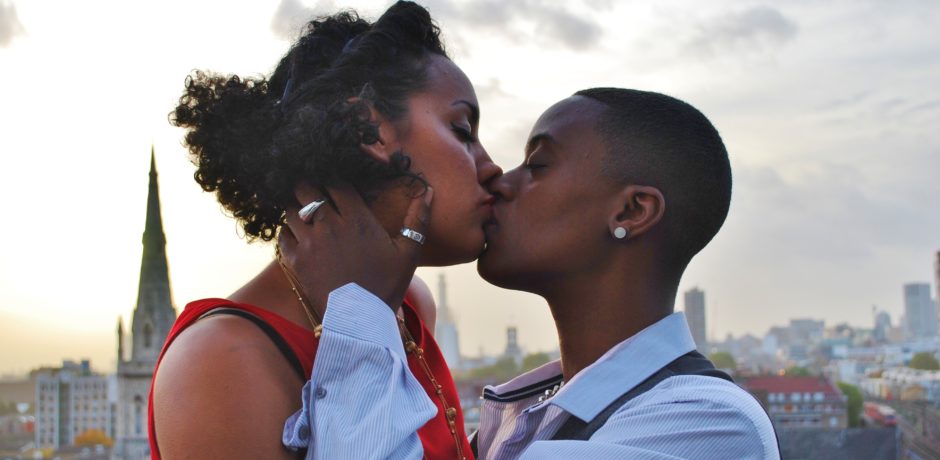
Credit: Courtesy of Peccadillo Films
Set in London, Stud Life (2012) is an important piece of queer cinema that hasn’t gotten the attention it deserves. This neglect is why director/writer Campbell X took matters into their own hands to create Stud Life. At its heart is a relationship we don’t see enough of: the film follows wedding photographers JJ (T’Nia Miller), a lesbian, and Seb (Kyle Treslove), her gay best friend. Both are doing the dating thing wrong, with one failed relationship after another. Their lives are soon turned upside down when JJ falls in love with Elle (Robyn Kerr). Seb’s instincts tell him this new woman isn’t the one, and this conflict puts a major strain on their relationship. JJ then has to choose between her best friend and her new love, or risk losing both. On Vimeo.
Tender
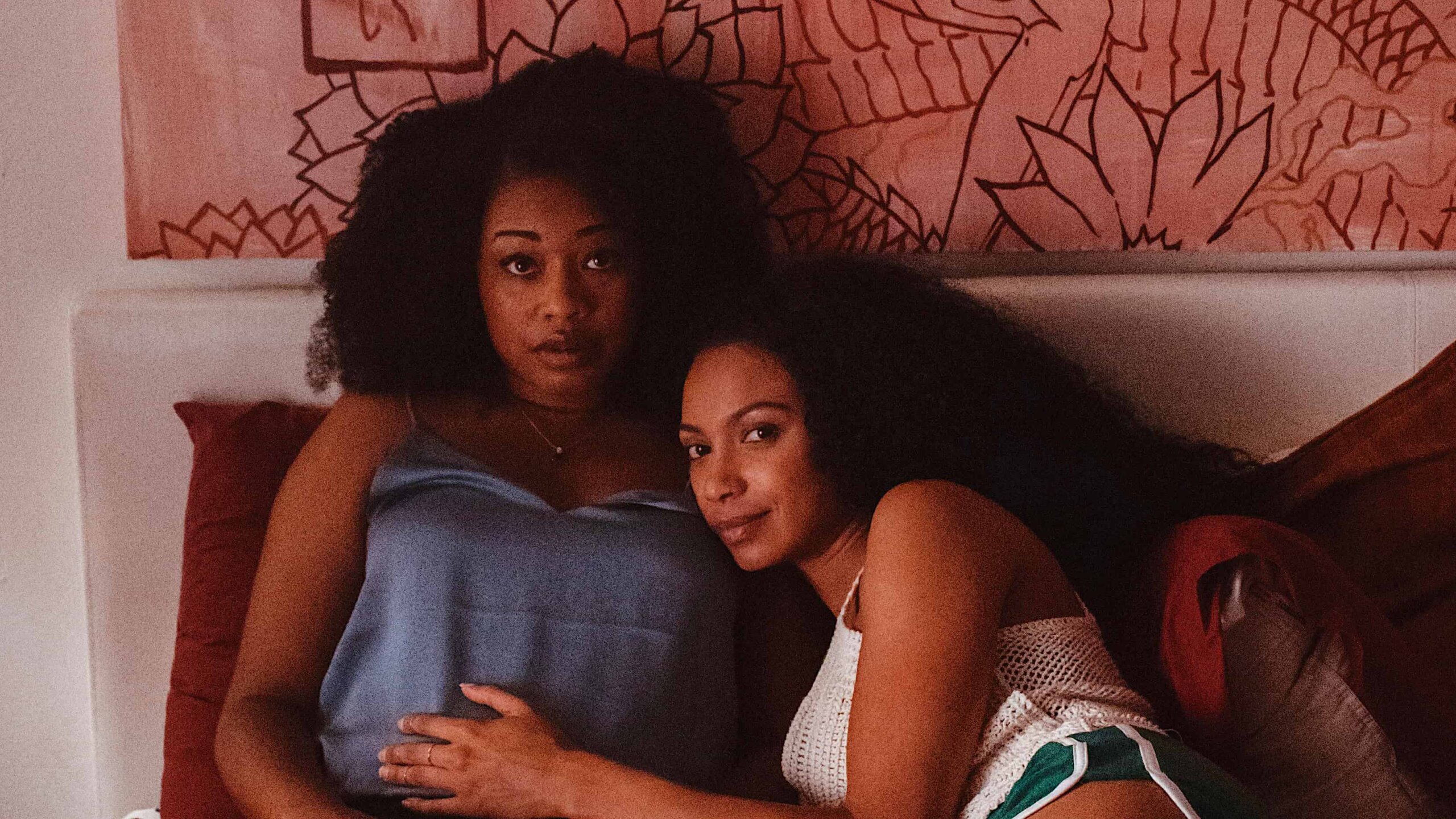
Credit: Courtesy of felixandannie.com
One-night stands can be touch and go, and staying the morning after is not typical. Director Felicia Pride decided to take one-night stands to the next level in her 2020 short film Tender. After hooking up one night, Lulu (Trishauna Clarke) and Kiana (Farelle Walker) don’t go their separate ways. The two women have a far more intimate morning as they discuss their wants and desires, making space for one another despite their differences. Tender is a film about the power of connection between Black women and sharing their joy, trauma and dreams through honesty and understanding. Watch it on the filmmaker’s website.
Saturday Church
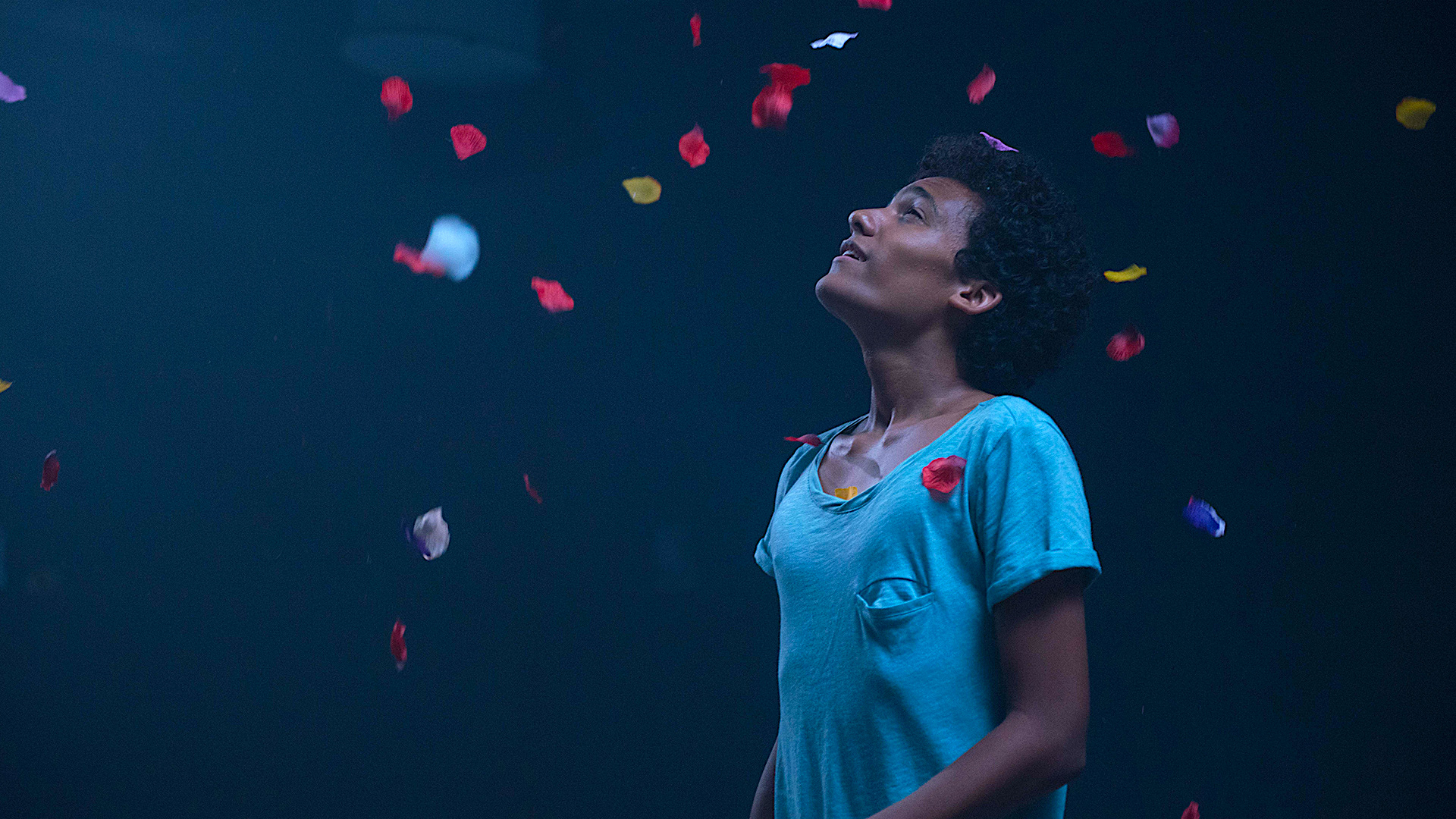
Credit: Courtesy of samuelgoldwynfilms.com
The power of director Damon Cardasis’ 2017 musical, Saturday Church, comes from its musical numbers and truly empathetic storytelling. Ulysses (Luka Kain) is mourning his father’s death and is now considered to be the “man of the house.” He lives with his mother, her uber-religious sister and his younger brother. Ulysses can’t be who he truly is around his closed-minded family members, so he creates a fantasy world filled with song, dance and music. As the young man begins to question his gender identity, he finds solace within the trans community as they embrace him as one of their own. On Prime Video.
Madame Satã
João Francisco dos Santos was a queer queen of the outcasts in Rio De Janiero in the 1930s. As the son of former slaves growing up in the city’s slums, he did what he could to survive. He was involved in gang activity, spent 20 years in prison and was a Capoeira street fighter who beat the hell out of cops. As an outlet of self-expression, dos Santos, who died in 1976, turned to cabaret and created the stage persona, Madame Satã. This 2002 Brazilian-French drama, directed by Karim Aïnouz, stars Lázaro Ramos as dos Santos, a homosexual man who spent most of his life in jail, got out and became a street fighting drag queen who beat up cops and adopted other misfits into a gaggle of loving queerness. Why aren’t more people talking about this movie?! On DVD.
Kiki
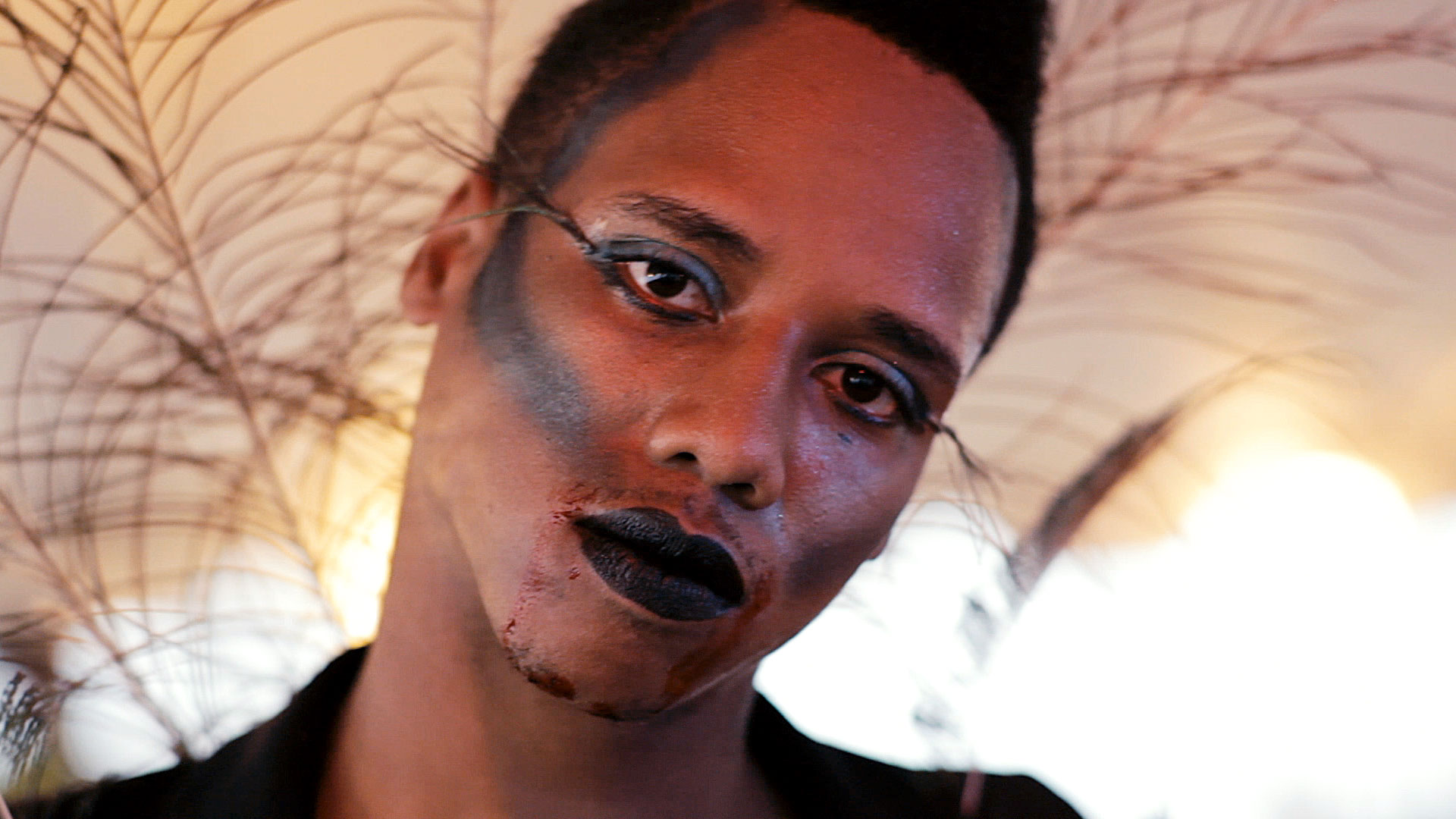
Credit: Courtesy of kikimovie.com
“Kiki” is the term used for a group having a conversation or gossiping, but Sara Jordenö’s feature documentary film of the same name wants to get serious about the issues plaguing young queer folk in New York City. Released in 2016, Kiki tackleVas what it’s like to live at the intersections of homelessness, HIV/AIDS, ballroom culture, trans identity and activism in the Big Apple. As the number of queer youth living on the streets continues to rise and opportunities are scarce, many young people must also contend with the Black Live Matter movement and discrimination—making them even bigger targets for violence. Through the ballroom scene, a number of them find their niche in dance competitions while becoming a part of a makeshift family of others like them. On Amazon Prime.
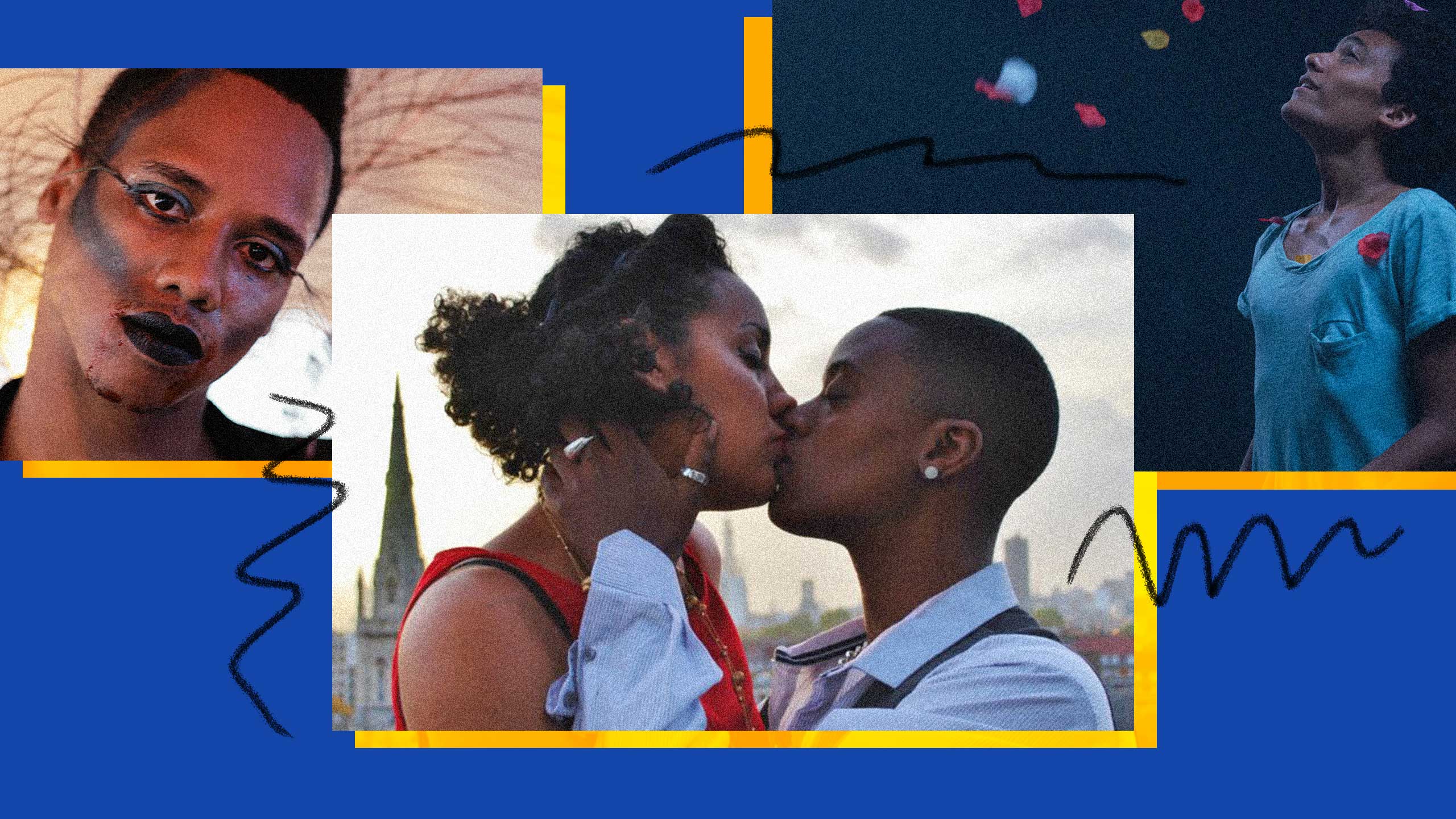

 Why you can trust Xtra
Why you can trust Xtra